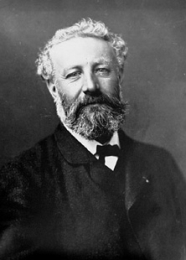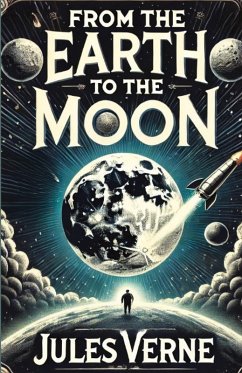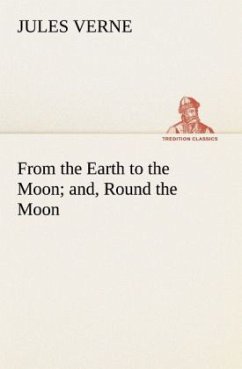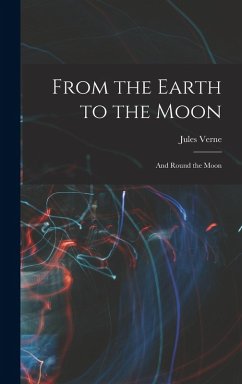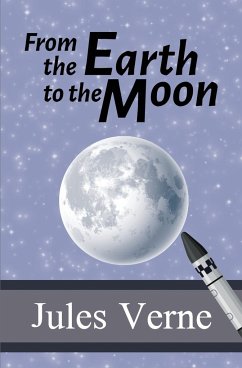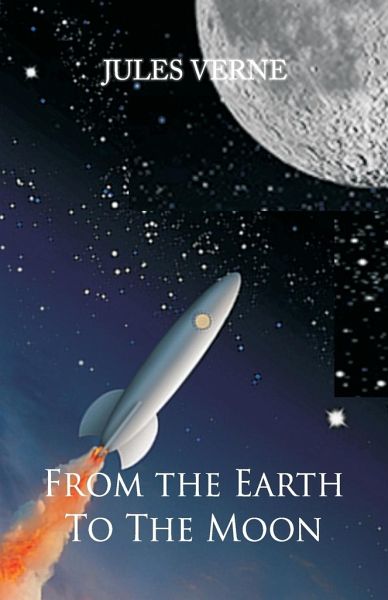
From the Earth to the Moon
Versandkostenfrei!
Versandfertig in 1-2 Wochen
14,99 €
inkl. MwSt.

PAYBACK Punkte
7 °P sammeln!
In From the Earth to the Moon and Around the Moon, Jules Verne turned the ancient fantasy of space flight into a believable technological possibility. Directly inspired by Verne's story, enthusiasts worked successfully at overcoming the practical difficulties, and within a century, human beings did indeed fly to the Moon. Curiously, however, Verne is unlikely to have thought it possible that a manned projectile could actually be fired out of a giant cannon, rising higher than the Moon, swinging around it, and then landing safely back on Earth. Read the book and you too will be fooled into acce...
In From the Earth to the Moon and Around the Moon, Jules Verne turned the ancient fantasy of space flight into a believable technological possibility. Directly inspired by Verne's story, enthusiasts worked successfully at overcoming the practical difficulties, and within a century, human beings did indeed fly to the Moon. Curiously, however, Verne is unlikely to have thought it possible that a manned projectile could actually be fired out of a giant cannon, rising higher than the Moon, swinging around it, and then landing safely back on Earth. Read the book and you too will be fooled into accepting the realistic possibility in Verne's time of the dream of flying to the Moon.





